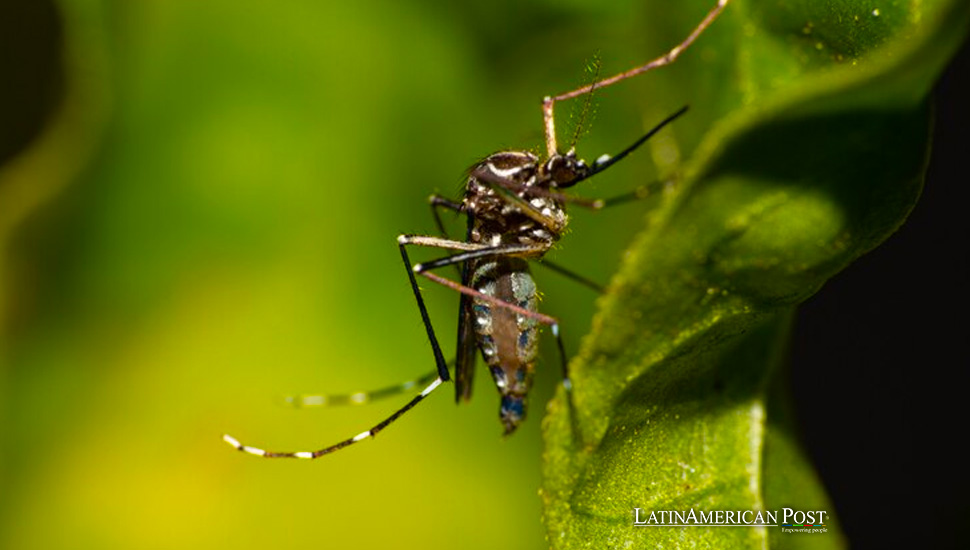Peru Battles Dengue Outbreak Declaring Health Emergency: A Wake-Up Call for Latin America

As Peru declares a health emergency to combat a surging dengue fever outbreak driven by a heat wave and heavy rains, the crisis signals a broader challenge for Latin America, urging immediate action.
Dengue Fever Outbreak Grips Peru
In a stark reminder of the relentless challenges posed by climate change, Peru has grappled with a significant dengue fever outbreak, prompting the government to declare a health emergency across most of the country. This decision comes in response to an alarming rise in cases and fatalities attributed to the disease, with the Health Minister, Cesar Vasquez, reporting a death toll of 32 and over 31,300 infections in the early weeks of the year. The outbreak, primarily concentrated in Peru’s northern regions, has overwhelmed healthcare facilities and highlighted the urgent need for increased resources and attention.
This crisis in Peru is not an isolated incident but a part of a larger pattern affecting various countries across Latin America. Nations such as Brazil, Colombia, and Honduras have also faced their battles with dengue fever, each struggling to contain outbreaks exacerbated by similar environmental factors.
The common thread tying these outbreaks together is the role of climate change, particularly phenomena like El Niño, which have led to warmer seas and more extreme weather patterns, including heatwaves and heavy rainfall. These conditions create ideal breeding grounds for the Aedes aegypti mosquito, the primary vector for dengue fever, allowing for faster reproduction and spread of the disease.
A Wake-Up Call for the Region: Peru’s Critical Situation
The situation in Peru serves as a critical wake-up call for the region. Last year, the country witnessed 428 deaths and over 269,000 infections, underscoring the devastating potential of dengue outbreaks. The increase in cases this year, spurred by the El Niño-induced climatic conditions, emphasizes the need for a proactive and coordinated response to address the root causes and mitigate the impacts of such health crises.
The declaration of a health emergency in Peru aims to mobilize additional resources and support for health responders in the affected areas. By acknowledging the severity of the outbreak and the factors contributing to its spread, the Peruvian government hopes to equip healthcare providers and communities better to combat the disease. However, the challenge continues after emergency declarations and increased funding. It requires a comprehensive approach that includes public health education, vector control measures, and infrastructure improvements to ensure clean water and reduce mosquito breeding sites.
Beyond Emergency Declarations: The Comprehensive Approach
Moreover, the dengue outbreak in Peru and similar crises across Latin America highlight the broader implications of climate change on public health. As temperatures rise and weather patterns become more unpredictable, the region must prepare for the increased likelihood of vector-borne diseases and other health emergencies. This preparation involves not only immediate responses to outbreaks but also long-term strategies to address the environmental determinants of health.
Also read: Heat Waves Under the El Niño Spell as Peru’s Climate Crisis Intensifies
The dengue fever outbreak in Peru is a stark reminder of the intricate connections between climate change, environmental management, and public health. As Latin America faces the dual challenges of combating current outbreaks and preparing for future crises, the situation in Peru underscores the urgent need for collective action and innovation in public health strategy. Only through regional cooperation, improved surveillance, and sustained investment in health infrastructure can Latin America hope to protect its populations from the escalating threat of dengue and other climate-related health challenges.





